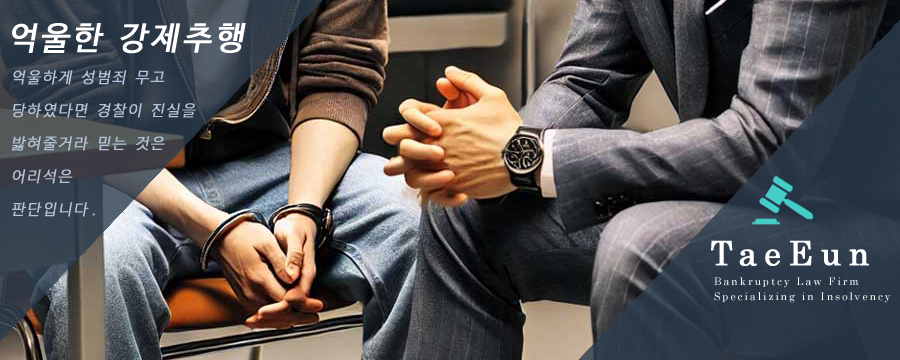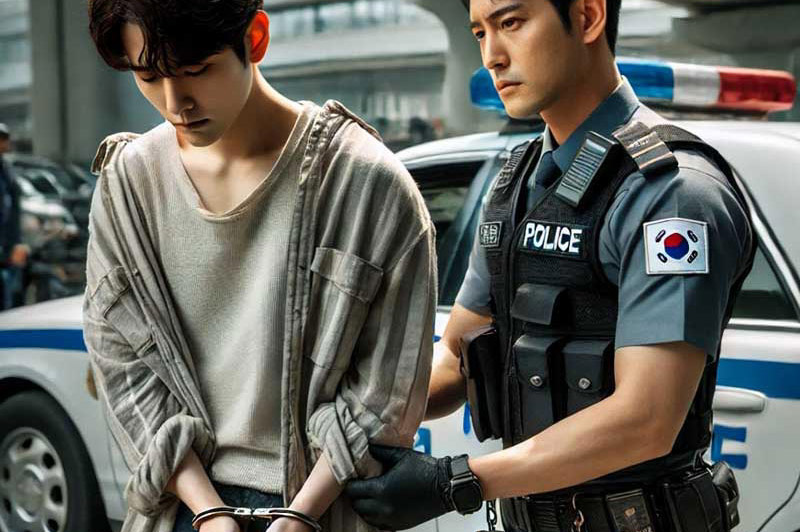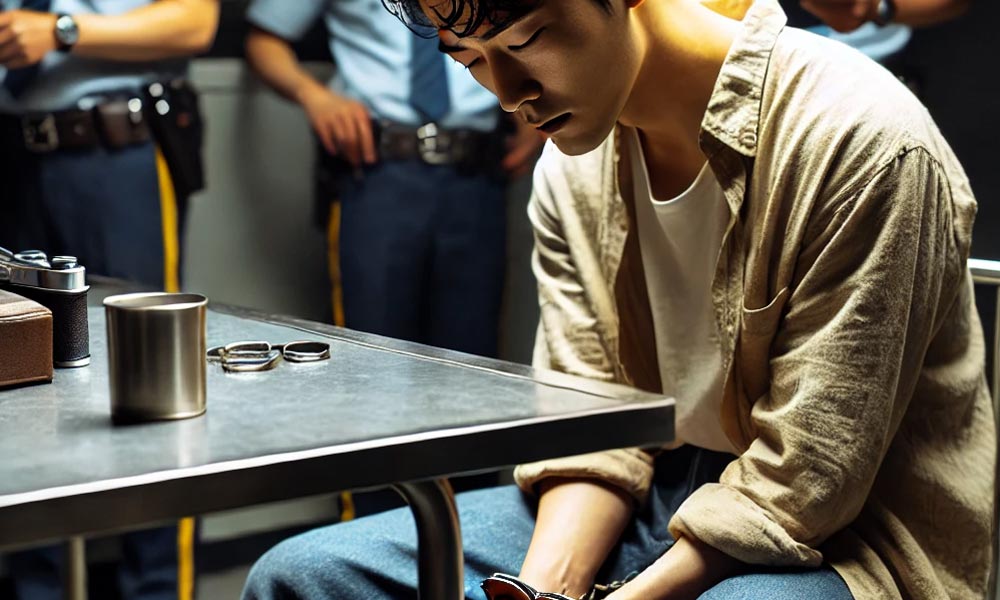Under South Korea's Road Traffic Act, drunk driving is defined as operating a vehicle while under the influence of alcohol. The current standard for determining intoxication is a blood alcohol concentration (BAC) of 0.03% or higher. At this level, drivers experience diminished focus, impaired judgment, loss of self-control, and heightened emotions. This includes not only the act of driving but also the moment a person sits in the driver’s seat and shifts the car into gear.
The law does not distinguish between public roads or private spaces such as parking lots, meaning that even if a person is merely sitting in the driver’s seat and holding the steering wheel after drinking, they are still committing drunk driving.
Historically, penalties for drunk driving were considered lenient, leading to a widespread belief that one could avoid serious consequences if they weren't caught. This mindset contributed to a high recidivism rate for drunk driving offenses. However, with the 2012 amendments to the law, penalties became more severe. Despite this, drunk driving incidents and accidents have not significantly decreased.

Under the Moon Jae-in administration, the "Special Law on Drunk Driving" introduced stricter penalties, especially for those with a prior offense. Even a single past conviction for drunk driving now results in heavy punishment, including at least two years in prison or a fine of 10 million KRW, even without causing any accidents.
In one case, Mr. A, who had a previous drunk driving conviction 13 years ago, was found to have a BAC of 0.03% in August of this year. After drinking, he drove 1.6 kilometers along the Gangbuk River and parked in a building's parking lot. When getting out of his car, he accidentally scratched the door of a parked vehicle. While exchanging contact information with the car owner, his alcohol smell led to him being reported to the police.

Although Mr. A had already exited his vehicle, the 1.6-kilometer drive was captured by a surveillance camera along the Gangbuk River. His prior drunk driving conviction further aggravated his case, leading the police to quickly refer the matter to the prosecution.
The prosecutor sought a two-year prison sentence, but after Mr. A submitted a heartfelt letter of apology, the judge ultimately imposed a 10 million KRW fine instead.
This case highlights that even minor infractions, like driving short distances or merely holding the steering wheel while intoxicated, can result in serious legal consequences under South Korea’s stricter drunk driving laws.








